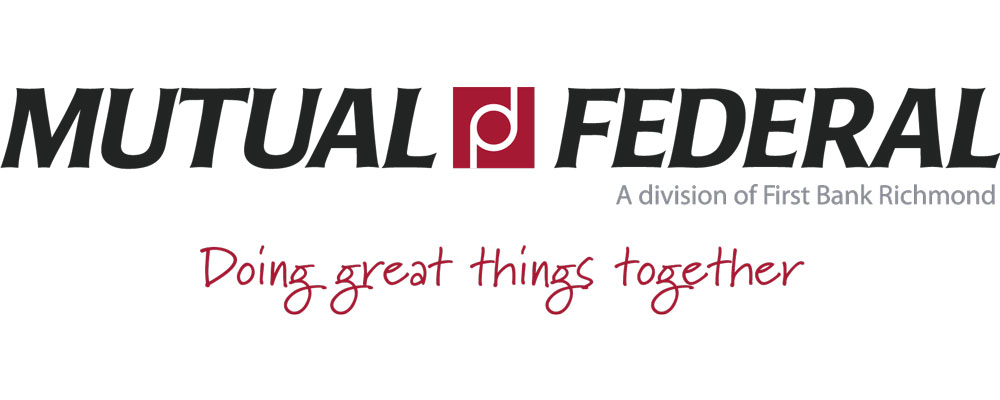More than 70% of Americans consider homeownership to be an important part of the American Dream but buying a home can be one of the most expensive, albeit rewarding, decisions you’ll ever make.
What does homeownership cost?
When shopping for a home, cost is a big factor. It helps to know the upfront and ongoing costs of homeownership and how they fit in with your other expenses.
Upfront costs may include:
- 0% – 20% for a down payment
- 2% – 5% for closing costs
- $200 – $600 for inspections
Ongoing costs may include:
- mortgage payments
- maintenance and repairs
- utilities
- homeowner’s association or condo fees
What is a mortgage?
Most buyers afford their home with the help of a mortgage, which is a home loan that you pay back over a number of years.
Your mortgage payment typically includes:
- Principal – the original amount you borrow.
- Interest – the amount you pay to borrow the principal.
- Taxes – property taxes, which may go up or down over time.
- Insurance – this includes homeowner’s insurance and Private Mortgage Insurance (PMI). You generally pay PMI until you have 20% equity in the home. PMI protects the lender if you stop making payments on your mortgage.
Depending on your mortgage and how much equity you have in your home, you may be able to pay taxes and homeowner’s insurance separately from your mortgage payment. However, you may have to make one or two lump sum payments a year.
How can I prepare to buy a home in the future?
For many people, the biggest obstacles to homeownership are low credit scores and paying off current debts.
To prepare for future homeownership, you should:
Improve your credit score
- Check your credit report and make sure it’s accurate.
- Make on-time payments for all bills and make at least the minimum payments on your debts (but the more you can allocate toward debt payments, the more quickly your credit score may improve over time).
- Don’t get into further debt.
Examine your current spending and create a budget
- Pay down your debts to improve your debt-to-income ratio.
- Save up for a down payment and other upfront costs.
How much is too much debt?
Your debt-to-income ratio, or DTI, equals your monthly debt payments divided by your gross income (pre-tax monthly income), and is expressed as a percentage. Lenders use this number to determine your ability to afford your debt payments.
Use the table below to see what range your DTI ratio falls into and how it may be considered in relation to your credit by many lenders.
| If your DTI ratio is… | …it is considered as… |
| less than 30% | optimal |
| between 31% and 36% | safe |
| between 36% and 42% | questionable |
| greater than 42% | at risk |
Creating a “future homeowner” cash cushion
When you’re ready to buy a home, you’ll need a big cash cushion for the down payment, closing costs, and an emergency fund to cover unexpected home repairs. If you plan to pay property taxes separately from your mortgage, you’ll need enough cash to cover one or two lump sum tax payments per year as well.
How do interest rates impact my mortgage?
Even a small difference in the interest rate could mean you pay thousands (even tens of thousands!) more or less in interest over the life of the loan.
Key points about homeownership
1. Reflect on your situation
Be sure to think about your reasons for wanting to buy a home, your current and future lifestyle, and your budget, available savings, and current debts.
2. Timing is important
While there are many benefits, homeownership is not for everyone at every stage of their life.
3. Know your needs
By evaluating your specific needs and preparing financially for homeownership, you’ll be better able to identify an ideal time to buy a home.
Next steps for considering homeownership
Buying a home is a large financial investment. This decision should be well thought out and based on your spending and saving goals.
Calculate – The selling price is not the only cost to consider. Add up the potential upfront and ongoing costs to determine just how much house you can afford. Talking to a financial advisor may help you make a realistic budget.
Budget & Save – Know how much to save and have a plan to pay down debts. Your income and credit history will determine mortgage terms like interest rate and amount of loan. Start with getting your free credit report.
Decide – Homeownership should be based on your personal goals and finances. Find the right lender to help you get through this complex process.
Mutual Federal, A Division of First Bank Richmond is committed to being an integral partner to the communities in which we serve. Since 1922, we have offered sound financial products and services to residents of Miami and Shelby counties.
Local decisions – that’s what we offer. Worry-free lending – that’s what we provide.
There’s never been a better time to experience Mutual Federal.
We offer, 1st and 2nd mortgages, construction loan, second homes, investment property loan, home equity lines of credit, FHA, VA, and USDA loans.
Our lenders:
- Joe Shaffer, Loan officer, 937-615-9224
- Mark Morris, Mortgage Loan Originator, 937-339-9993


